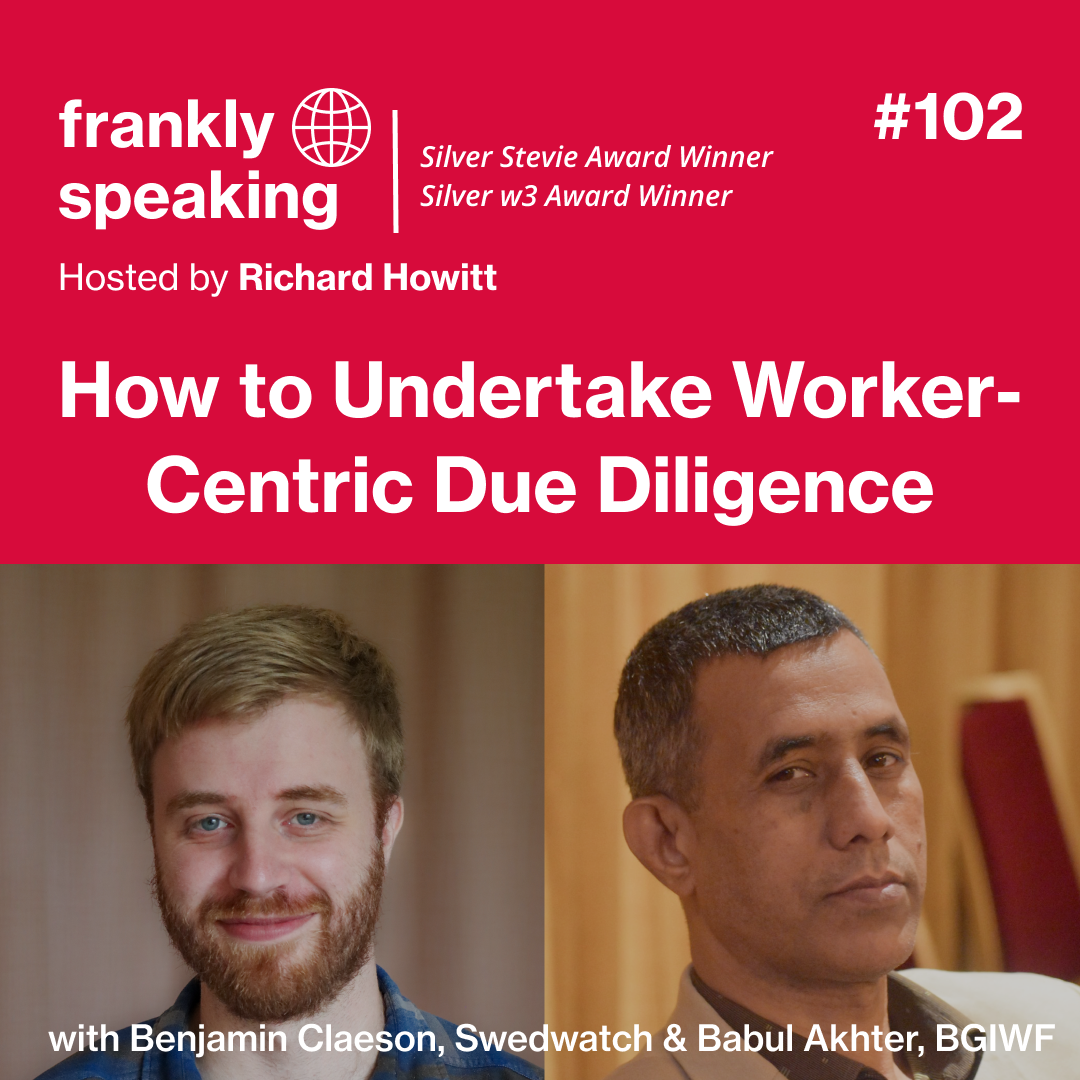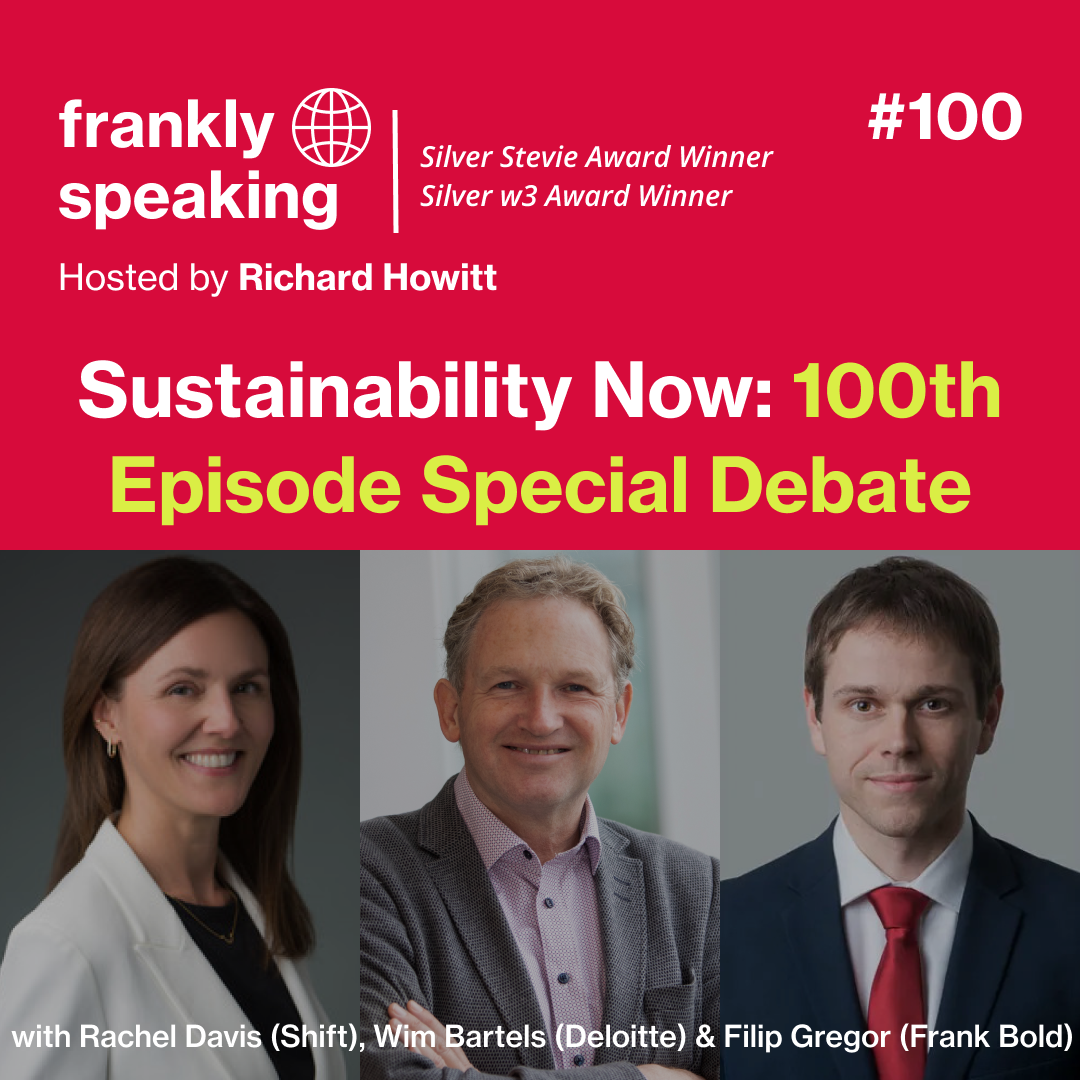What is the context leading up to the discussions in Busan, South Korea? Listen to the European and Global Corporate Campaigns Coordinators at Break Free from Plastic
.webp)
40% of plastic produced is for one-time use packaging. Only 9% of all plastic ever made is recycled. A large portion of the rest, ends up littering our land and oceans, harming wildlife and human health through microplastics.
Next week, the fifth session of the Intergovernmental Negotiating Committee will be held in Busan, South Korea, to develop an internationally binding instrument on plastic pollution, including in the marine environment. This treaty presents a crucial opportunity to radically reduce plastic usage and waste, while encouraging businesses and individuals to embrace the circular economy.
To shed light on the treaty and its implications, Richard Howitt is joined by Justine Maillot, European Coordinator, and Emma Priestland, Global Corporate Campaigns Coordinator for Break Free from Plastic—a global coalition of 13,000 organizations committed to ending plastic pollution.
In this episode you’ll hear more about:
Listen in and follow us on LinkedIn!
"We want to see plastic use and production decoupled from economic growth. They do not have to go hand in hand. If we're pushing for the whole world to be using plastic the way that we do, we're going to be in a really serious problem. So we have to see the Global North actively reducing the amount of plastic used daily. We have to find completely new models for selling and shipping and moving goods around. That will likely mean that we move to a more localized system, that we potentially are having healthier foods that are less highly processed because they're not reliant on plastic, etc. Changing the way we use plastic is going to have a knock on effect on so many different aspects of our lives, and pretty much all of them are likely to be positive."



How can worker-centric models of due diligence help to better protect workers and communities worldwide from human rights abuses?
.png)

How did the ESRS simplification process look like from the inside? Listen to Patrick de Cambourg, outgoing chair of EFRAG


Where are we now on sustainability? Listen to Rachel Davis, Vice President and Co-Founder of the Shift Project, Wim Bartels, Senior Sustainability Partner for Europe at Deloitte and Filip Gregor, Head of Responsible Companies Section at Frank Bold